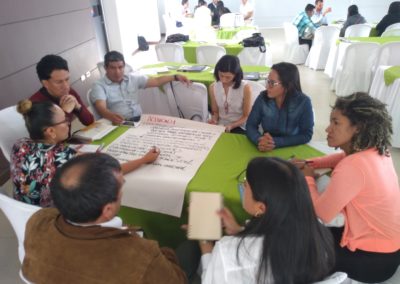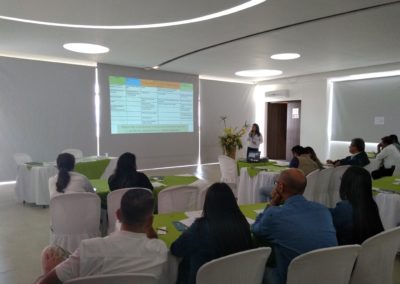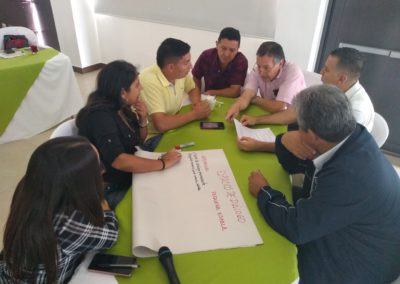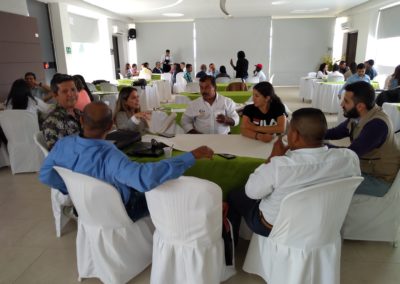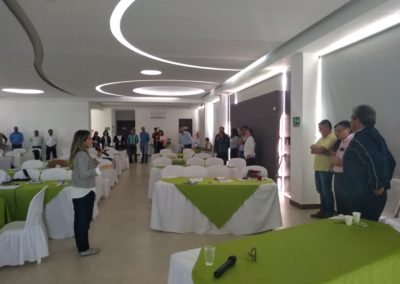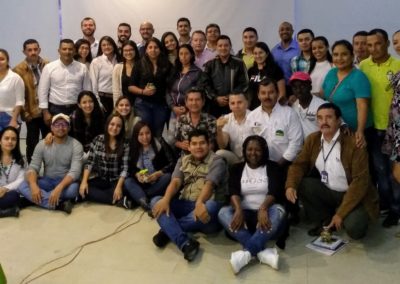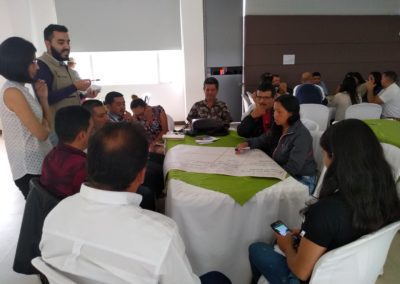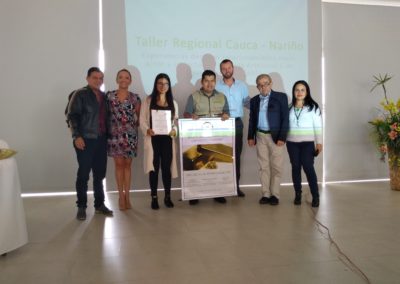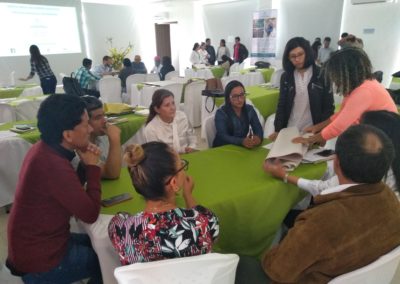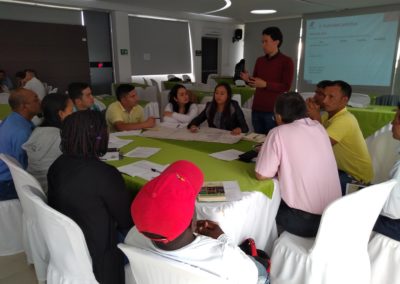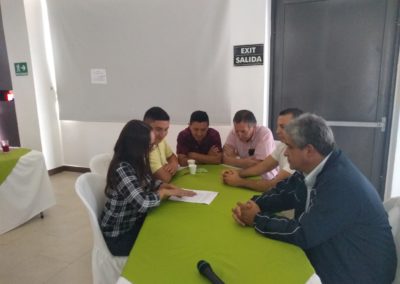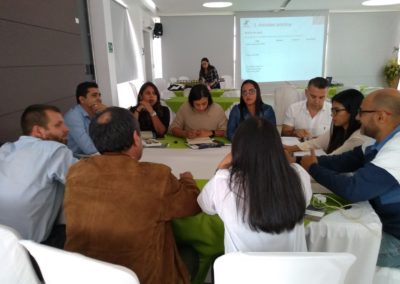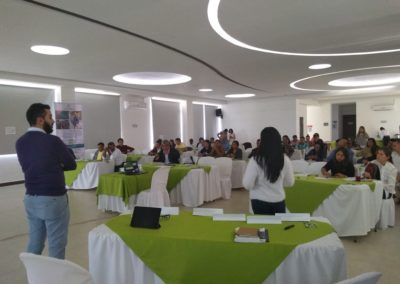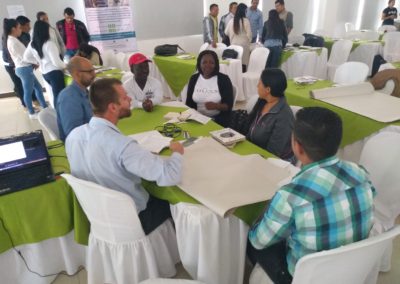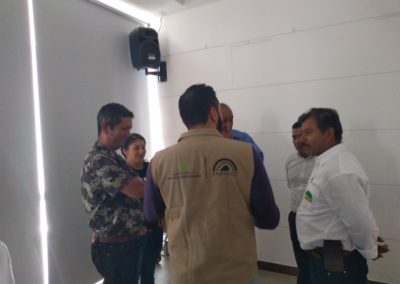
The Cauca-Nariño Regional Workshop was held on December 4 and 5 in Popayán, Cauca, Colombia, and was attended by more than 50 people, including institutions; artisanal and small-scale miners from Cauca, Nariño, Antioquia, Huila and Boyacá; scholars; civil society organizations such as Foro por Colombia; and members of the Alliance for Responsible Mining (ARM) team.
The purpose of this workshop was to study the scope of, and analyze, the relationships that arose from the dialogue between multiple stakeholders in these regions – the departments of Cauca and Nariño, Colombia – throughout the year. This workshop allowed different stakeholders of the artisanal and small-scale mining sector (ASM) to share their stories, get to know each other, talk about the problems of their regions and see how other miners accomplished various goals by engaging in dialogue.
Due diligence “is a worldwide public policy that addresses standards and creates traceable routes for mining consumables and elements. It is overseen by the OECD and each state outlines its own points for compliance,” Rolberto Álvarez, Coodmilla mining organization.
Starting this year, ARM created spaces called “Managing Committee” in the regions where its projects are implemented. The Managing Committee is a space that fosters a dialogue between multiple stakeholders with the purpose of reaching a shared view in relation to a responsible and sustainable ASM. What sets these spaces for dialogue apart – which was also one of the challenges – is that a number of representative stakeholders in the region related to the mining sector have been gathering to talk to one another, bringing their different outlooks and experiences. This led to the organization of the Regional Workshop, so that the people that participated in these spaces would be able to reflect on the advances, learnings and challenges that they have accomplished.
They started by discussing the experience of ARM in the Managing Committees as a space for dialogue among multiple stakeholders in the various municipalities of Colombia: Suárez and El Tambo, Cauca; and La Llanada, Nariño. The concept of due diligence and the CRAFT Code were also explained. Afterward, the “Espacio de Reflexión” (Space for Reflection) was held, dealing with the dynamics of the relationship between multiple stakeholders, with the purpose of studying the changes brought about by the Managing Committee, and what it is that can be improved in the future.
One of the greatest challenges of ASM, which was identified on this first day, was the lack of a Colombian regulation that differentiates major mining operations from small-scale mining. This thought led to an open reflection seminar, which was held on the second day, with the purpose of identifying the specifics to be taken into account when differentiating both types of mining operations. These included:
- Environmental aspects
- Alternatives for eliminating the use of mercury
- Financial inclusion and commercialization
- Access to mining resources
- Workplace health and safety
- Safety and human rights
“It is a constructive dialogue that aims to address long-term actions; it should focus not only on results, but it should also be measured in the transformations that it brings about in communities socially, economically, in relation to gender, the inclusion of women into the mining sector, the strengthening of the ability to respond and act within a collaborative environment. Those who participate in dialogs among various stakeholders, the state, private companies and representatives from communities with an egalitarian role, and the neutral stakeholder, which is the one that calls for everyone to gather, brings organizations together, which is usually done by communities, corporations,”
This space was highly constructive since, through the combined efforts of the stakeholders that attended the workshop, proposals were created in a democratic and participative manner. The result was a shared view on the need to differentiate major from small-scale miners in regulations (version in Spanish). These concepts could benefit and empower their respective departments.


